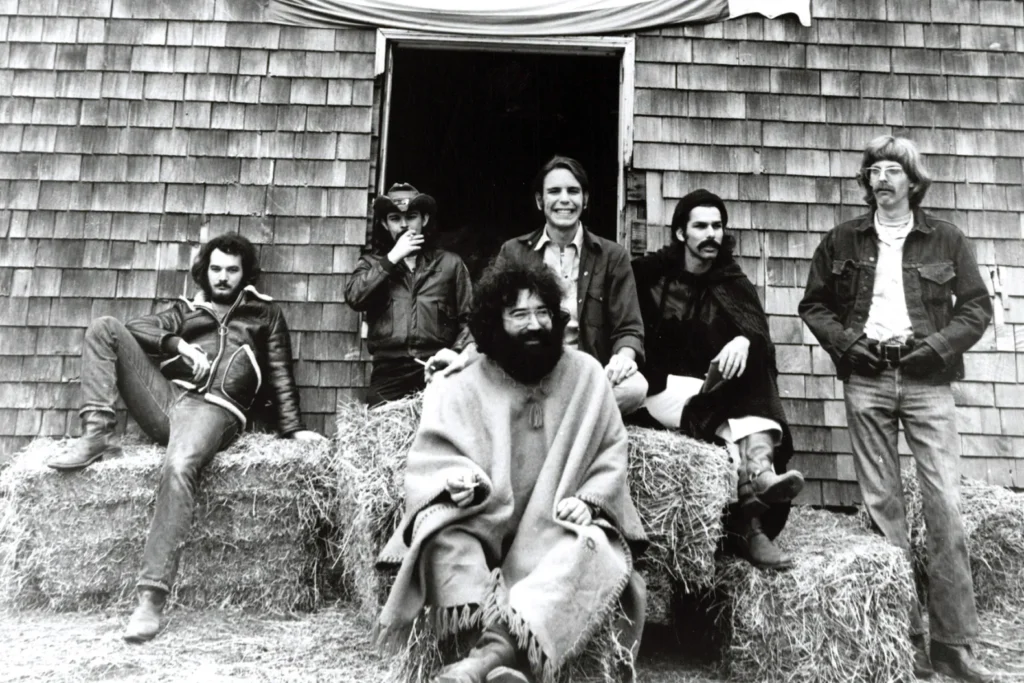By Jeff Hirsch
How do you know when qualitative research is successful?
The answer might seem straightforward, but with a constant barrage of forces out of our control, achieving our goal of uncovering insights that will lead us to successful marketing programs can often be an uphill battle.
Let’s put the corporate politics, unrealistic deadlines, quarterly earnings pressures and technical constraints aside for the moment to focus on respondent dynamics.
The path to research nirvana lies not so much in the questions we ask as much as the manner in which they are asked. Create the right environment, establish a relaxed, trusting level of personal dynamics, and the insights will flow.
For if you are committed to listening, people will talk.
Think about bartenders or the hairdressers. Yes, alcohol is a well known social lubricant, but it’s not the only reason bartenders hear things that never reach the ears of best friends or psychotherapists. The good ones seem to say, “I am here to take care of you, to comfort you, to make you feel better about yourself. You are attractive, witty and engaging. I am your friend and this interaction is not based solely on commerce. Nothing is as important to me as what you are thinking and feeling right now.”
And they mean it.
The researcher’s path to The Comfort Zone isn’t all that different. In that spirit, think about a few simple approaches:
- Create psychologically safe, physically comfortable environments. As this can be difficult in a traditional research facility, we prefer to conduct our sessions in private meeting rooms in restaurants, hotels and other interesting locations
- Think in terms of conversation, not interviews. Discussion guides should include specific issues and questions to address, but provide stimulus, create tasks and design creative exercises for participants to encourage spontaneous conversation that will get to your issues without having to ask directly about them.
- Be in the moment. As cliché as that might sound, it is critically important. We all have stress and distraction in our lives, but they must be left behind. If it appears that conversation is all about us (even though it actually is about our product or service), and not about the respondents, their interest and passion will diminish quickly.
It’s always gratifying to have our clients congratulate us on a job well done, but I feel there is a more important and consistent gauge of research success. It’s all about how quickly the participants make their way to the door when the session is over. Do they bolt, or do they linger? If they hang around, talking to each other and seeking me out to thank me for a “really enjoyable time,” that tells me they’ve made a personal connection to me as well as to their fellow respondents. At this point, they are usually smiling, happy, exhausted and exhilarated at the same time – a feeling I share in that moment. We have given them the opportunity to reach down deep to share their feelings and to articulate who they are as human beings, not simply consumers of a certain product or service.
As a result, their heartfelt, sometimes profound musings have most likely illuminated the potential role of our product in their lives and provided specific direction as to how we can connect to them in a meaningful way.
I would even venture to say that the participants have been transformed to a certain extent. Although the purpose of the two hours they just spent with a bunch of strangers and me was to talk about talk about snacks, toothpaste, wine or software, the result is not all that different than psychotherapy. The expression of feelings and beliefs, some of which were previously buried far below the surface, leads to understanding and potentially, to positive change.
That change may or may not involve your brand being selected as the result of the conversation, but it will likely involved at least a slightly changed view of the world as a result of listening to the thoughts and feelings of others.
As one of our Kitchen Table SessionsSM was wrapping up recently, I was happy to see the group linger and to talk to several of them individually. One respondent in particular – who had been especially difficult in the session (a call for some much needed attention), approached me with about the best compliment he could have offered. “That was amazing,” he said. “Thanks for making it easy to talk about things that are so hard to talk about.
That’s when you know research is working.
Click here to read Part 2: Marketers In The Comfort Zone




